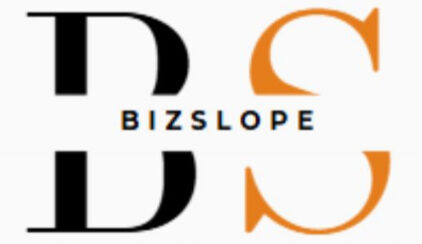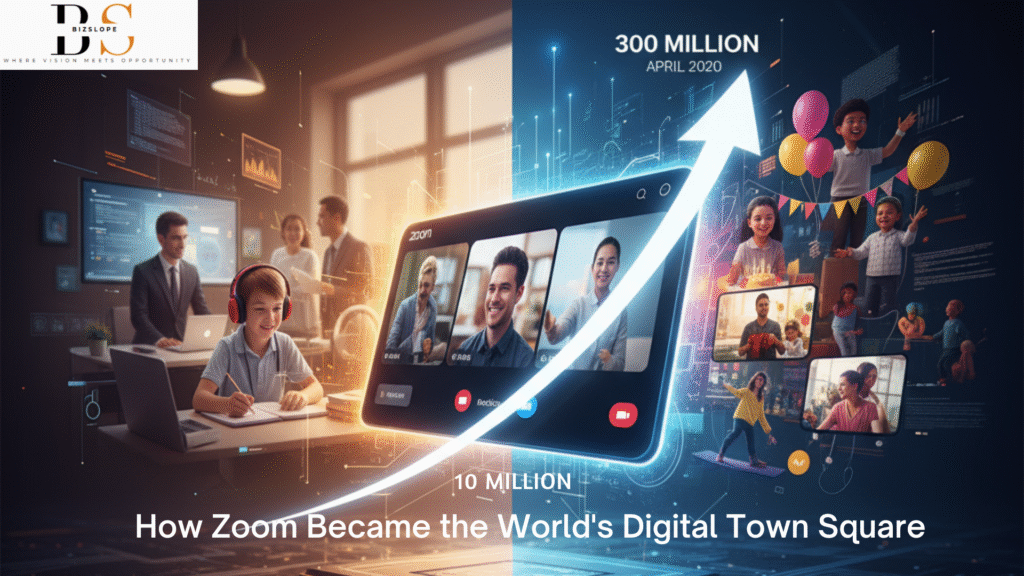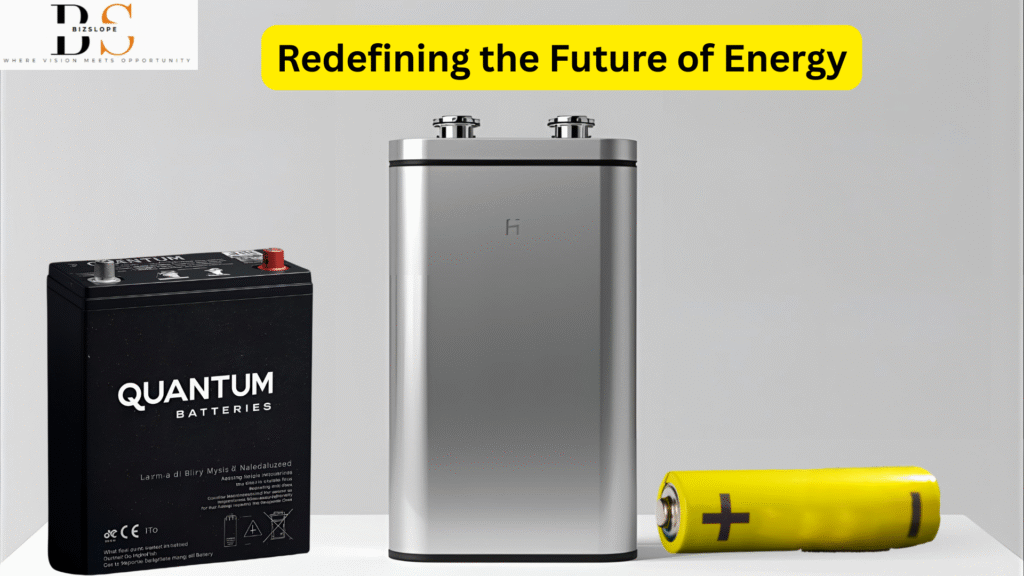Before 2020, Zoom was a rising star in the enterprise video conferencing space, lauded by businesses for its reliability and ease of use. But when the world suddenly shut down, Zoom didn’t just adapt; it became the connective tissue for a planet in lockdown. Its story isn’t just about a successful tech company; it’s about a platform that unexpectedly became an essential lifeline, fostering human connection in an era of unprecedented isolation.
Eric Yuan, a veteran of Cisco Webex, founded Zoom in 2011 out of frustration with clunky, unreliable video tools. He envisioned a service that was “happiness-as-a-service,” where connecting face-to-face virtually was as simple as making a phone call. This vision drove Zoom’s meticulous engineering and relentless focus on user experience. While competitors struggled with latency and complex interfaces, Zoom offered seamless, high-quality video calls with just a click.
Then came the pandemic. Suddenly, offices became living rooms, classrooms moved online, and family gatherings transformed into virtual reunions. Zoom, with its robust infrastructure and intuitive design, was uniquely positioned to handle this monumental shift. It wasn’t built to be a social network, but it organically evolved into one – a digital town square where everything from critical board meetings to yoga classes, birthday parties, and even weddings took place. The company experienced exponential growth, going from 10 million daily meeting participants in December 2019 to 300 million by April 2020. This rapid ascent wasn’t without challenges; security concerns arose with such massive public adoption, but Zoom quickly responded, demonstrating agility and commitment to its burgeoning user base.
Zoom’s narrative is a powerful reminder that sometimes, a product built with a specific purpose in mind can transcend its original scope and fulfill an entirely unforeseen, critical human need. It became more than just a tool; it became the stage for collective resilience, proving that even in separation, technology could bring us closer.



